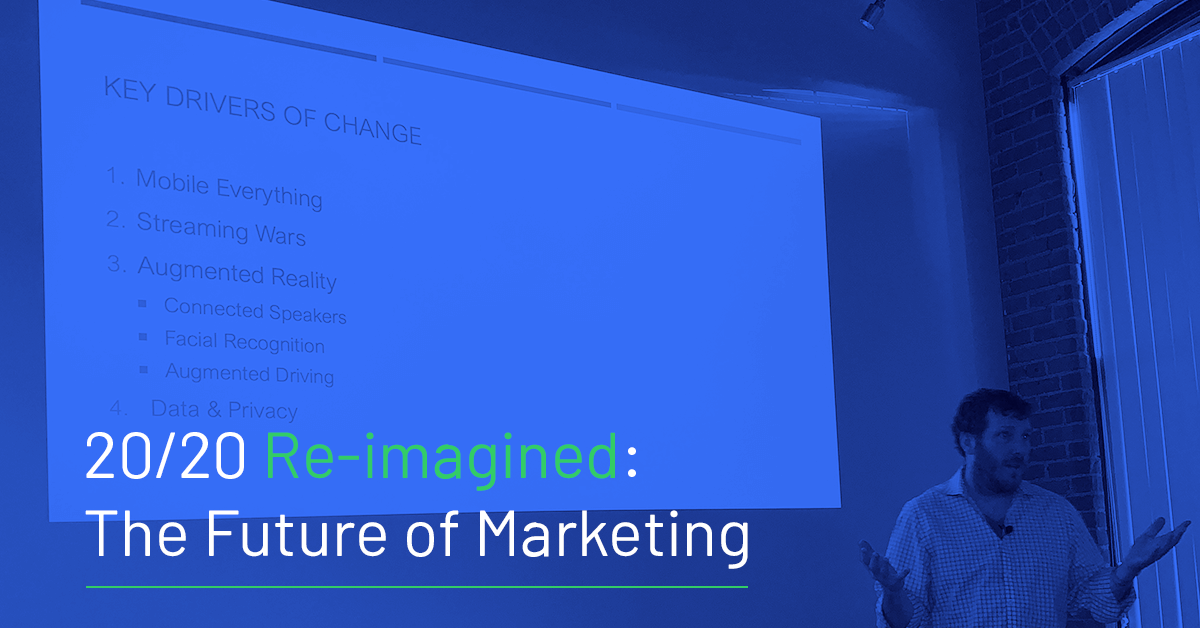Back in October 2009, developers and smartphone enthusiasts were both ready for the debate over Flash to come to a close. At the MAX Conference, keynote speakers showed off the new Flash Player 10.1 for smartphones and finally a clear picture of how smartphones were going to create a better interactive experience for consumers was painted. Blackberry was on board and so were Palm, Google Android, Windows Mobile, webOS and Symbian.
“Singular experience, multiple devices” is the motto behind the Open Screen Project led by Adobe and other industry leaders, and it made perfect sense (if everyone agreed on the definition of “open” that is). This project, which goals were to create a consistent runtime environment that would eliminate the barriers to publish content across multiple platforms, had tremendous support. For developers, this meant you could create a rich-media application that you would only have to build once. For marketers, this project would enable cross-platforms campaigns to thrive with minimal work and maximum results. Imagine… an interactive game or contest platform that could perform seamlessly across desktops, mobile phones, televisions, and many other consumer electronics.
As a consumer and marketer who has watched and listened to the industry support behind the Open Screen Project, it seems like this initiative solves one problem and creates another. Without a unified platform for rich media applications, the power lies in the hands of smartphone companies to dictate the level of creativity both marketers and developers can have. By creating a unified platform using Adobe Flash & Adobe Air however, the shift in power is only transferred from smartphone companies to Adobe.
“With a consistent and broadly adopted runtime, stakeholders can focus more closely on developing the next-generation experiences that will differentiate their devices, software, and services. Consumers ultimately win with richer, more interactive, and universal user experiences across devices…. The Adobe® Flash® Platform will provide the consistent runtime environment envisioned by Open Screen Project partners. This technology was chosen because it has the widest reach in the world across operating systems and devices, a community of more than one million developers, and leading authoring tools”. – Open Screen Project
This is why I think Steve Jobs’ letter to Adobe today makes sense. By joining the bandwagon and supporting Flash with the other smartphone companies, Apple would be giving up its control over the user experience its consumers on all iPhones, iPads, & iPods have. Instead, Apple is chose to ban Flash from all of their products and decided to focus on HTML5 and other open-source programming languages. Now, you must build iPhone apps using the approved programming languages or not be allowed into the App store.
So the war rages on…
“Adobe has characterized our decision as being primarily business driven – they say we want to protect our App Store – but in reality it is based on technology issues. Adobe claims that we are a closed system, and that Flash is open, but in fact the opposite is true.” – Steve Jobs
What I like about the letter is that it points out some very obvious facts that were overlooked in the excitement to create a cross-platform interactive experience. One is that, Flash products are solely sold through Adobe (which means they control everything from future advancements, to pricing and distribution). Believers in the advancements of the web as a whole, cringe at this thought. Adobe argues that Apple isn’t playing fair by creating a product that isn’t “open”, but I think they should rethink how they are defining it themselves.
By adopting HTML5, CSS & Javascript, Apple has reconnected with developers worldwide and given them the power to develop advanced graphics, typography, animations and transitions without relying on plug-ins. This is extremely valuable and supports the growth of the web in a light, but incredibly powerful way.
As an interactive marketer, the thought of having endless content on the web in Flash is also a scary thought. Search engines still have trouble interpreting flash which causes major complications for SEO and the overall vision of the semantic web. By replying on advancements of HTML, CSS, and JavaScript however, the web continues to grow in the direction of being more connected and understood, but still allows the addition interactivity that is so desirable with Flash.
“We know from painful experience that letting a third party layer of software come between the platform and the developer ultimately results in sub-standard apps and hinders the enhancement and progress of the platform. If developers grow dependent on third party development libraries and tools, they can only take advantage of platform enhancements if and when the third party chooses to adopt the new features. We cannot be at the mercy of a third party deciding if and when they will make our enhancements available to our developers.” – Steve Jobs
In conclusion, I think Apple’s decision was bold but incredibly smart. They point out over and over again that Flash was created during the PC area and has many technical complications when implemented on a touch screen device like the iPhone. I don’t even think there is an argument anymore that Flash is necessary to create rich media interactions either. (Right now there are over 200,000 apps in the App Store that prove it).
Just like everyone joined the Open Screen Project bandwagon, I bet the same will happen in the footsteps of Apple because it just makes sense. I also believe marketers must stop and take a look at these changes especially. Interactive campaigns and applications are now going to be possible without expensive Flash capabilities.
I suggest Adobe rethink its definition of “open” and follow the direction of where the web is going. Steve Job’s couldn’t say it any better…
“New open standards created in the mobile era, such as HTML5, will win on mobile devices (and PCs too). Perhaps Adobe should focus more on creating great HTML5 tools for the future, and less on criticizing Apple for leaving the past behind.” –Steve Jobs





